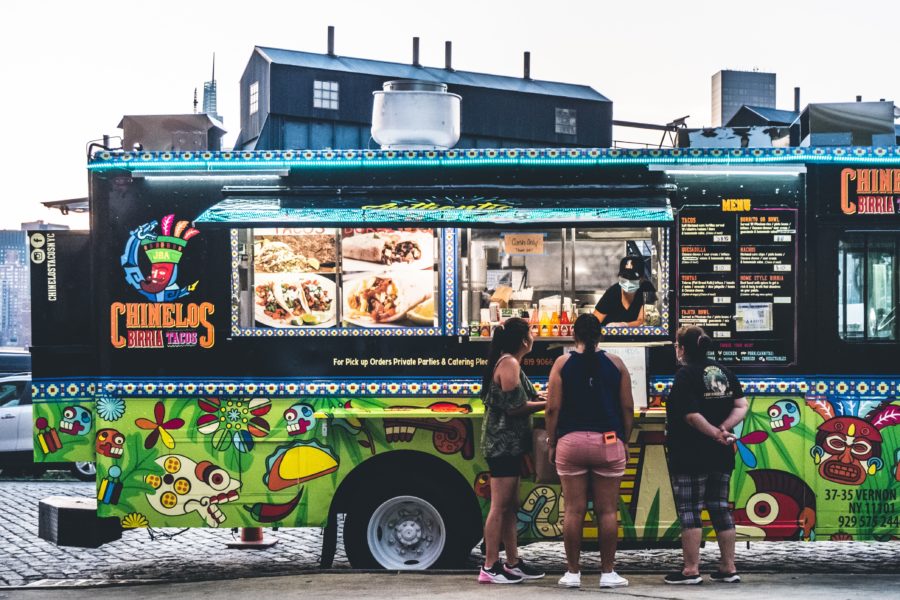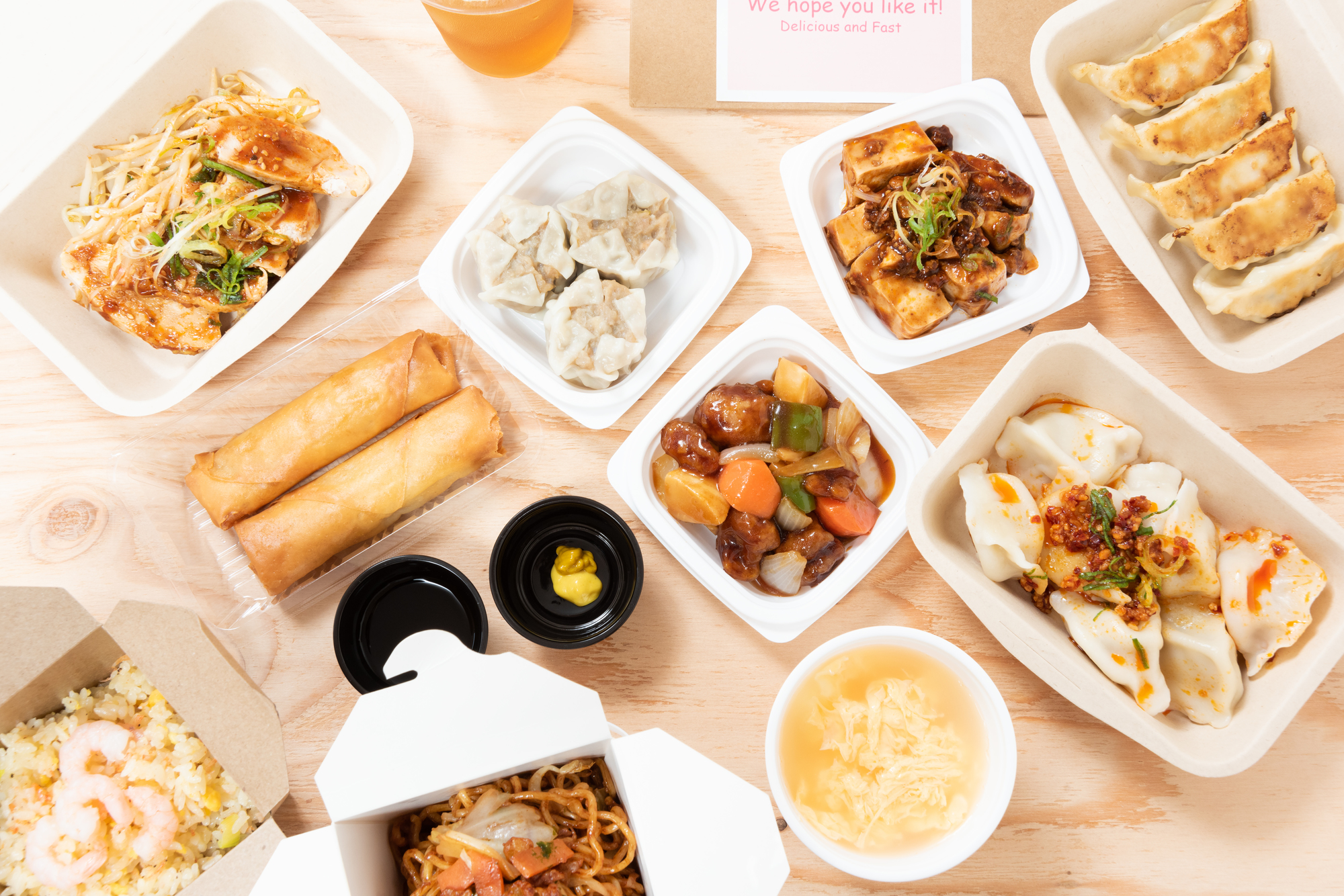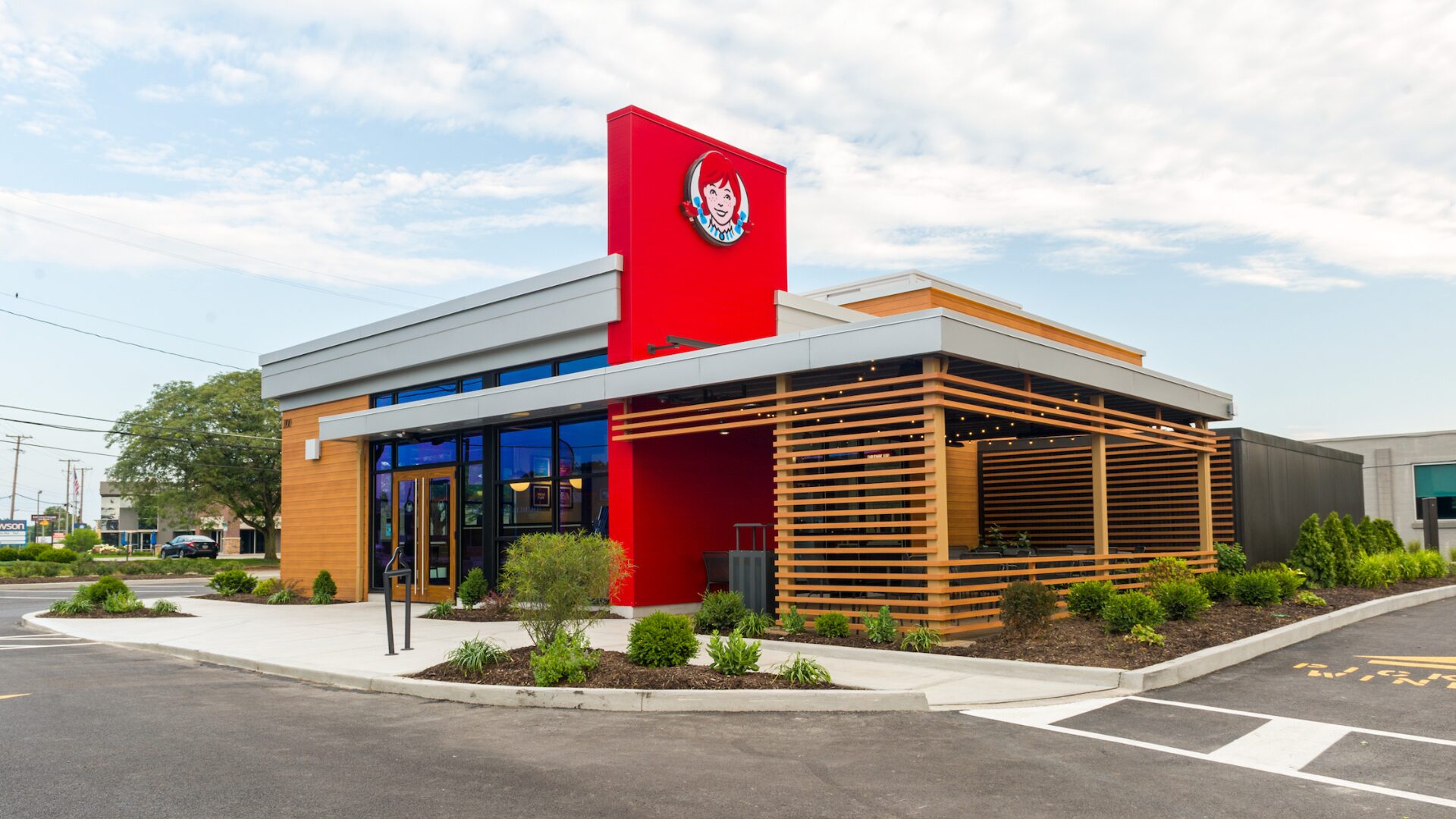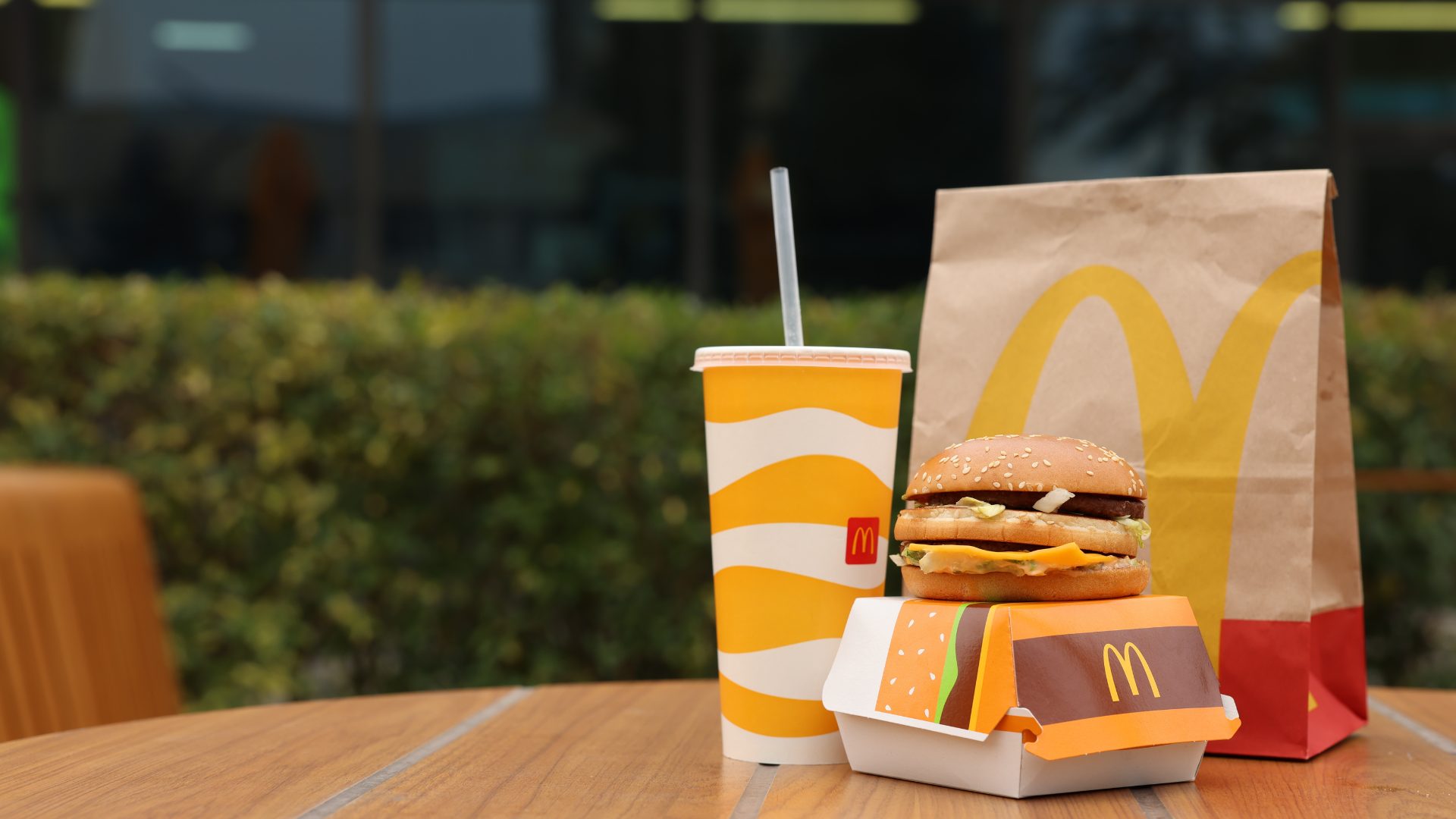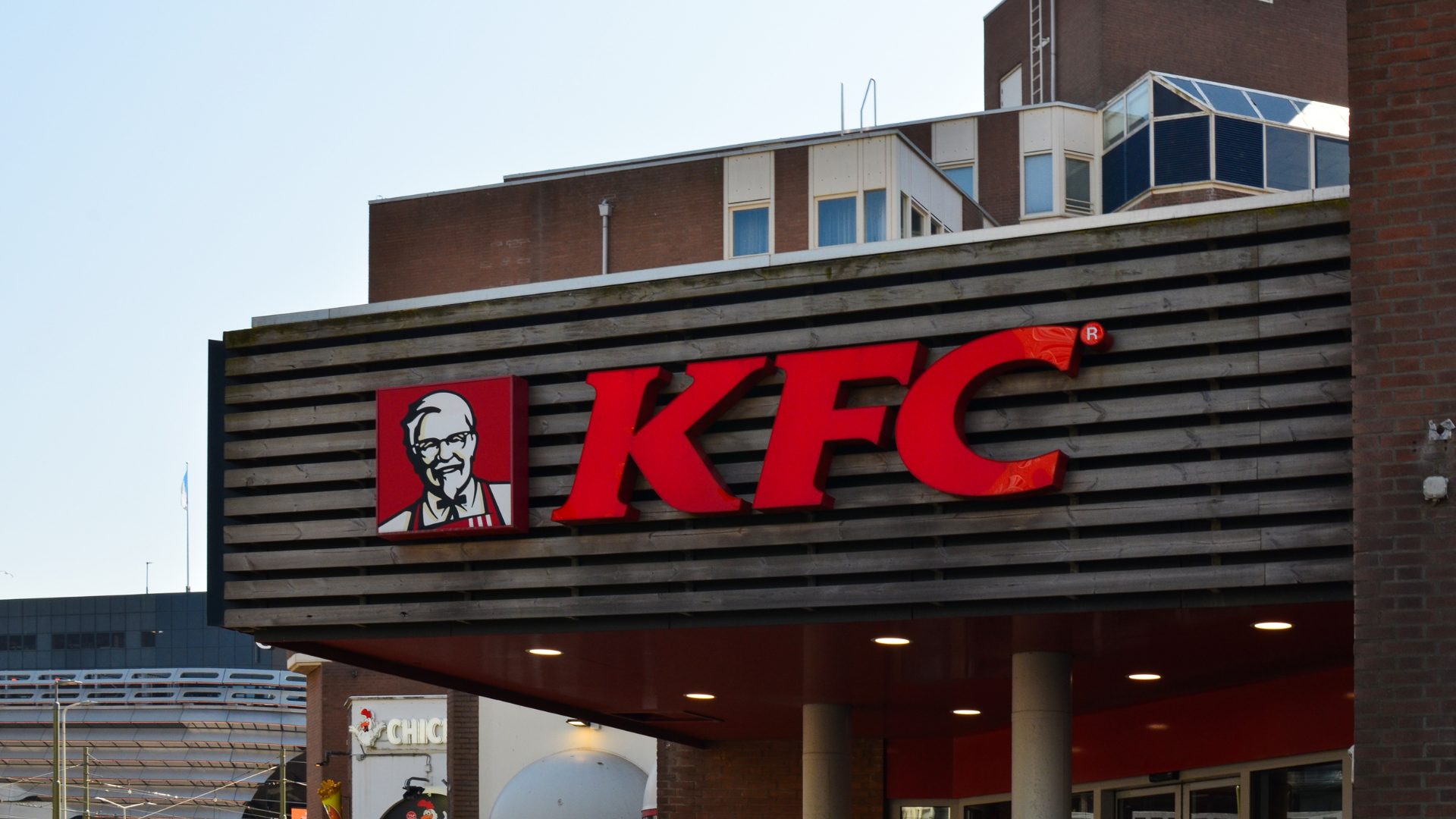Fast-food restaurant chains are turning their attention to food trucks as a way to give pandemic-beleaguered franchisees an alternative channel to boost sales damaged by restrictions on the number of customers who can dine in a restaurant and other COVID-19 restrictions.
The trucks also are being used to gauge market interest in areas where chains do not currently have stores.
The modern food truck industry, which took off in 2008 as a way for those with little capital to break into the restaurant industry, has grown into a $1.3 billion dollar business, IBISWorld estimates, up from just $650 million in 2013. The industry is expected to grow 2.4% this year.
Launching a fleet of food trucks “is an easy brand extension. I also like [food] trucks for concepts that are going into new markets, because you could put a mobile cart or mobile truck in a brand-new market and start building awareness. … It’s a cost-effective, inexpensive way to build more brand-awareness,” Dan Rowe, the CEO of Fransmart, told The Food Institute.
Start-up costs for a food truck generally range from $50,000 to $175,000, The Balance Small Business (March 4) estimates. By comparison, at least $275,000 is needed to open a restaurant.
IBISWorld estimates there currently are 26,228 food truck businesses in the U.S., up 7.5% from 2020.
“Over the last year there have just been some impacts due to COVID to our restaurants and sales. This is a great opportunity for us to continue serving guests and show the whole community Chick-fil-A,” Kayley Jones, the owner of the Chick-fil-A inside Glenbook Square Mall in Fort Wayne, Indiana, said of food trucks to The Takeout (March 18).
Chick-fil-A spokesman Nick Payne said the company currently is using food trucks to test sites in 33 cities in Indiana and Kentucky.
Other chains who have utilized food trucks in recent years include:
- Dunkin Donuts
- McDonald’s
- Taco Bell
- Starbucks
- White Castle
- Texas Roadhouse
- Nathan’s
- TGI Friday’s
Brick-and-mortar operators control as much as 40% of the food truck business, up from 10% just six years ago, Mobile-Cuisine reported. The trucks give restaurants flexibility, enabling them to cater parties more easily and augment advertising budgets in addition to boosting sales. They also provide a venue to testing new offerings.
While the pandemic devastated the dine-in restaurant industry, eliminating an estimated 2.5 million jobs, shuttering more than 110,000 eating and drinking establishments and bringing sales volumes down to 2014 levels, the National Restaurant Association reported, it has proved a boon to drive-thru businesses. And, now, fleets of food trucks are keeping revenues rolling along for chains like Chick-fil-A.


